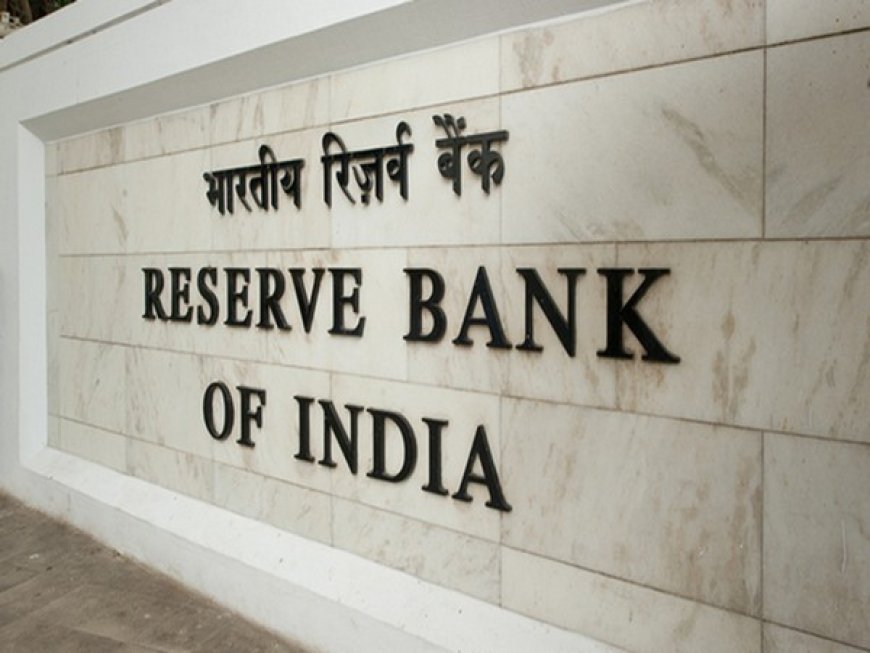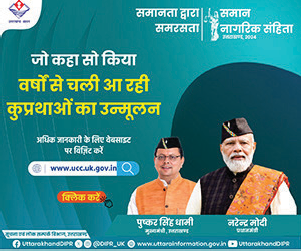New Delhi: In a significant move to protect small borrowers, the Reserve Bank of India (RBI) has announced new guidelines restricting banks from imposing excessive charges on smaller loans, particularly those under ₹50,000, which fall under the Priority Sector Lending (PSL) category. The new rules, which will come into effect from April 1, 2025, are designed to shield borrowers from unnecessary financial burdens and ensure fair lending practices.
Key Highlights of the New Guidelines:
-
No Charges for Loans Under ₹50,000: The RBI has emphasized that banks cannot levy any loan-related, ad hoc service, or inspection charges on priority sector loans up to ₹50,000. This move is aimed at promoting affordable credit for small borrowers, ensuring they aren’t overburdened with additional costs when borrowing for vital purposes like agriculture, small businesses, and personal needs.
-
Gold Loans Excluded from PSL: The updated PSL guidelines specify that loans against gold jewelry acquired by banks from Non-Banking Financial Companies (NBFCs) will not be classified as part of the PSL category. This step ensures that the PSL funds are directed toward sectors that genuinely require financial support, such as small businesses and agriculture, and not diverted for gold-backed loans.
-
Continuity for Existing PSL Loans: The RBI assured that loans categorized under the previous PSL framework (2020) will continue to be eligible for priority sector classification until their maturity. This provision ensures a smooth transition to the updated framework without affecting existing borrowers.
-
Rigorous Monitoring and Data Reporting: In a bid to enhance transparency and accountability, the RBI will implement a more rigorous monitoring system. Banks will now be required to submit detailed data on their PSL advances on a quarterly and annual basis, ensuring that banks meet their PSL targets effectively.
-
Penalties for Non-Compliance: To incentivize banks to meet their PSL targets, the RBI has introduced a penalty mechanism. Banks that fail to meet the prescribed PSL targets will be required to contribute to the Rural Infrastructure Development Fund (RIDF) and other financial schemes administered by NABARD and similar institutions.
-
COVID-19 Relief Loans Retained Under PSL: The RBI reaffirmed that outstanding loans extended under specific COVID-19 relief measures will continue to be classified as priority sector lending. This decision aims to support sectors that are still recovering from the economic fallout of the pandemic.
RBI's Commitment to Financial Inclusion: The RBI's updated guidelines reflect its ongoing commitment to fostering financial inclusion and socio-economic development. By ensuring that priority sector funds are directed towards sectors that need them most, the RBI is working to ensure fair access to credit for small businesses, farmers, and marginalized communities, thereby strengthening India’s economic backbone.




 Previous
Article
Previous
Article











